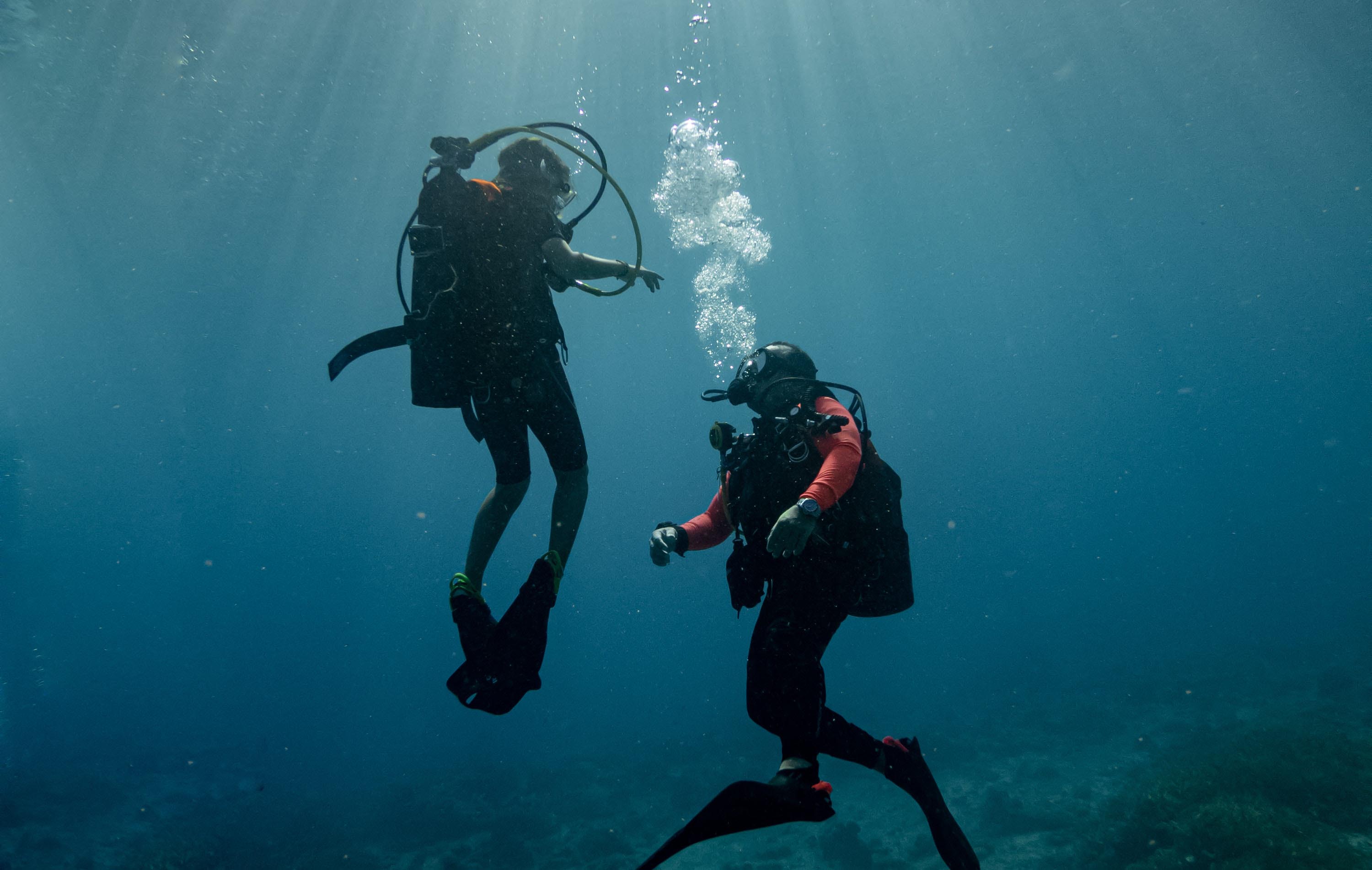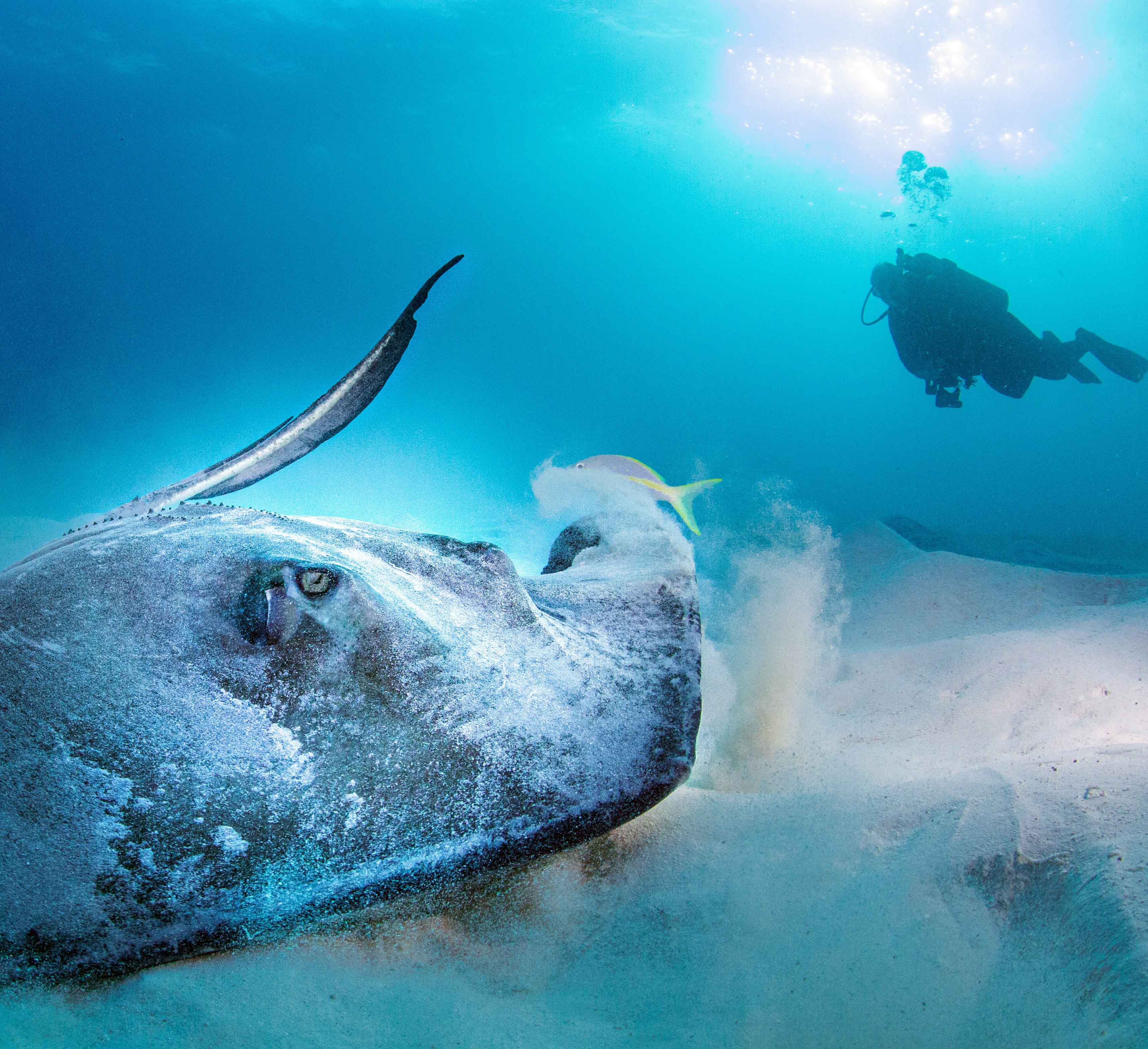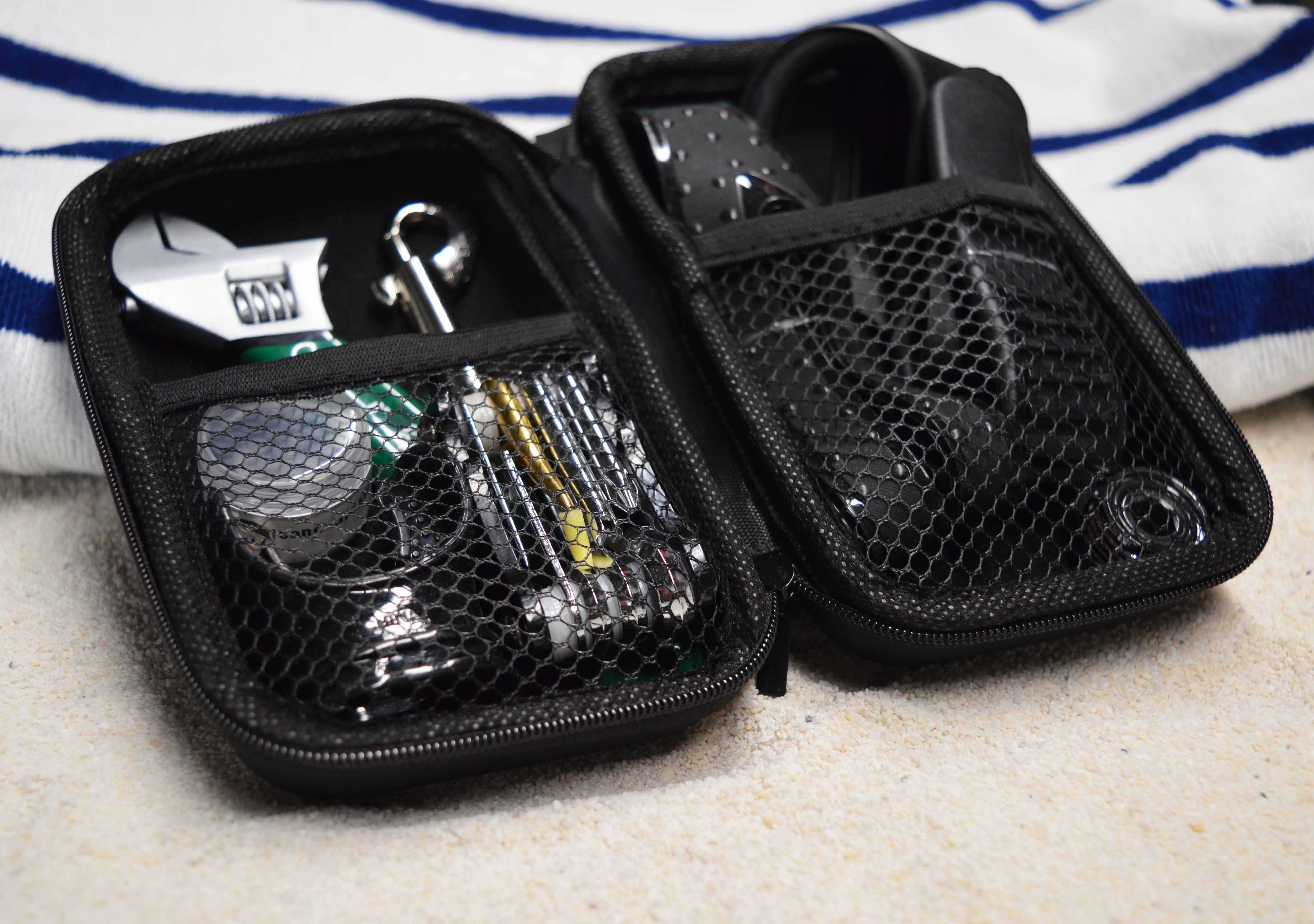How to Achieve Proper Weighting When Scuba Diving
TheScubaDirectory ⋅ November 2, 2024

Why Proper Weighting Is Essential
Proper weighting is crucial for maintaining neutral buoyancy while scuba diving. Too much weight can cause you to sink, leading to energy waste and rapid air consumption. Too little weight, on the other hand, can make it difficult to stay submerged, forcing you to fight for control. Finding the right balance helps you conserve energy, optimize air usage, and dive safely.
How to Perform a Weight Check
Performing a proper weight check is the first step to achieving the right amount of weight for your dive. Before your descent, float at eye level while holding a normal breath. If you sink slowly when you exhale, you're properly weighted. Adjust by adding or removing weights based on your buoyancy during this test.
Adjust Weight Based on Equipment
The type of equipment you're using affects your required weight. A thicker wetsuit increases buoyancy, requiring more weight to compensate. Similarly, diving in saltwater requires more weight compared to freshwater due to the increased buoyancy from the higher salinity. Always adjust your weights depending on your exposure suit and the water conditions.
Essential Gear
Distribute Weights Evenly
It's not just about how much weight you carry, but how you distribute it. Evenly distributing your weights, either on your weight belt or in integrated BCD pockets, ensures better balance and stability underwater. If you feel like you're tipping forward or backward during your dive, consider redistributing your weights to achieve better trim.
Fine-Tune Weighting Over Time
Even with careful calculations, proper weighting may require adjustments based on experience. Keep track of how your body feels during different dives. Are you fighting to stay down or constantly adjusting your buoyancy? Fine-tuning your weight over time will help you perfect your buoyancy control, making diving more enjoyable and efficient.
By achieving proper weighting, you can improve your buoyancy control, conserve air, and have safer and more comfortable dives. Always review your weights before each dive and adjust them based on your gear and the dive environment.


